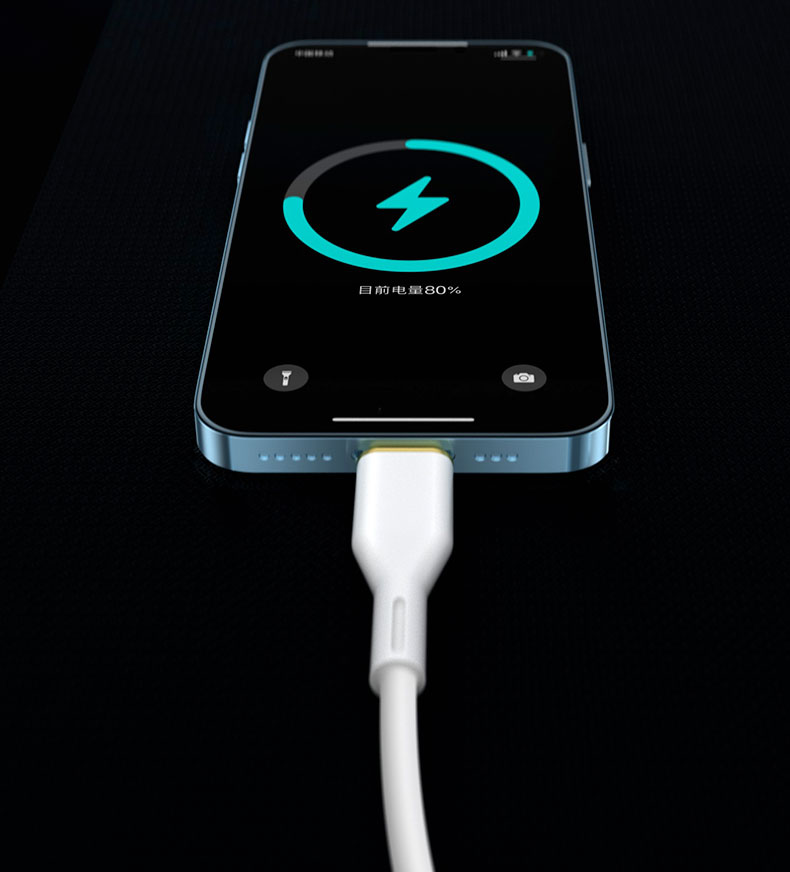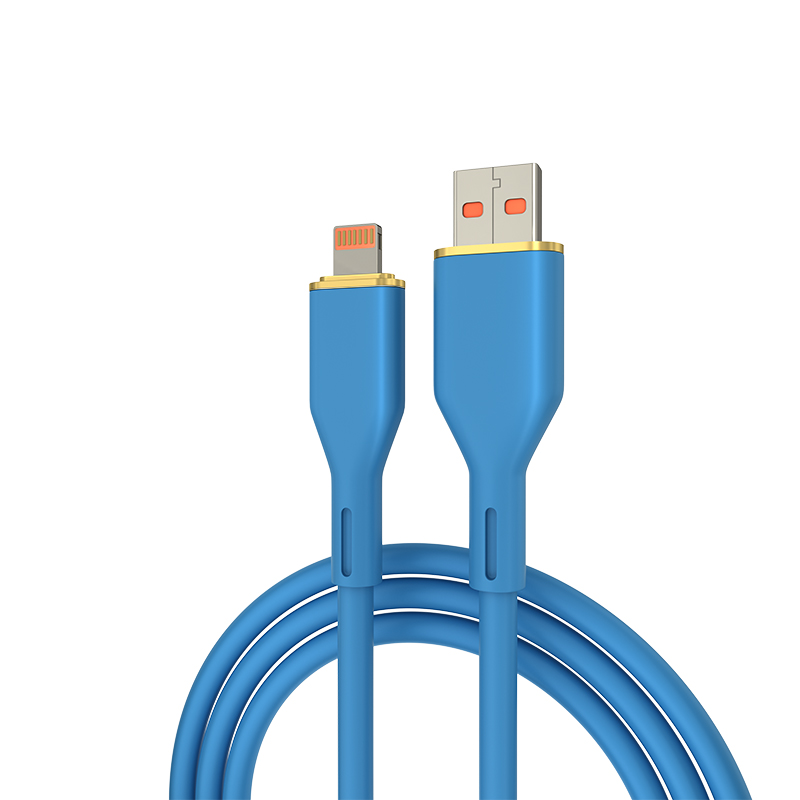Register an account | Forget the password
Become our member and enjoy discounts on purchases in this mall
With the rising popularity of USB-C ports in electronic devices, it is crucial to understand whether all USB-C cables are the same when it comes to charging. In this article, we will delve into the intricacies of USB-C cables, exploring their differences in terms of charging capabilities and highlighting the importance of selecting the right cable for your charging needs.
USB-C, also known as USB Type-C, is a universal charging and data transfer standard that offers a range of benefits over its predecessors. It boasts a reversible connector, allowing for easy and convenient plug orientation, and supports faster data transfer speeds and higher power delivery compared to previous USB iterations. However, not all USB-C cables are created equal.
There are several types of USB-C cables available in the market, each offering different charging capabilities. These include USB-C to USB-C cables, USB-C to USB-A cables, and USB-C to other proprietary connectors. It is essential to choose the right cable that suits your specific charging requirements and device compatibility.
One of the critical factors that differentiate USB-C cables is their charging speed and power delivery capabilities. USB-C cables can support various power delivery profiles, such as 5V/3A, 9V/2A, 15V/3A, or 20V/5A, depending on their specifications. It's important to note that not all USB-C cables support higher power delivery, which can significantly impact charging speed.

USB-C cables can be certified by USB-IF (USB Implementers Forum) to meet specific quality and compatibility standards. The USB-IF certification ensures that the cable has undergone rigorous testing to ensure safety and reliability. When purchasing USB-C cables, it is advisable to look for the USB-IF certification logo to ensure you are investing in a high-quality cable.
Using incompatible or low-quality USB-C cables for charging can pose risks to both your devices and personal safety. Inadequate cables may not handle the power delivery efficiently, resulting in slower charging speeds or even damage to your devices. Inferior quality cables may also lack necessary safety mechanisms, increasing the risk of overheating or short circuits.
When selecting a USB-C cable for charging purposes, it is essential to consider factors such as power delivery requirements, device compatibility, and quality certifications. Opt for cables from reputable manufacturers that offer USB-IF certification. Additionally, be cautious of counterfeit cables that may not meet required industry standards and could potentially harm your devices.

Are all USB-C cables the same for charging? The answer is no. USB-C cables vary in terms of their charging capabilities, power delivery, and quality standards. Investing in the right USB-C cable ensures faster and safer charging for your devices. So, next time you are in need of a USB-C cable, make an informed choice and select the one that best suits your charging needs and requirements.